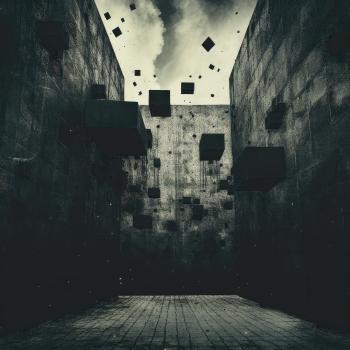In his famed “culinary triangle” (see Food and Culture: A Reader) Claude Levi-Strauss suggested a triple classification of food: raw, cooked, and rotten. Raw is the natural state; cooked is a cultural transformation of nature, and rotten is a natural transformation. Those formed the corners of a triangle. Along the sides were specific practices of food preparation: Boiling was nearest the “rotten” and roasting nearest the “raw.” Roasting and boiling paralleled nature and culture respectively. To boil, you need a pot,... Read more



















